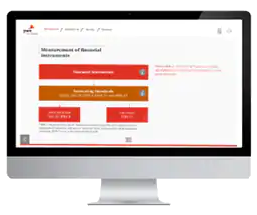IFRS 17 Insurance Contracts
IFRS 17 is the biggest shake up of insurance reporting for decades, impacting all insurers reporting under IFRS. The final Standard was released in May 2017 and applies separately to all insurance and reinsurance contracts. The IASB announced on 14 November 2018, that subject to public consultation, IFRS 17 will be effective from 1 January 2022, with prior year comparative reporting required.
The IASB’s aim is to provide more transparency and comparability, compared to current accounting standards.This means big changes for the way that financial information will be presented by insurers. The Standard is complex and adoption will require adequate planning to ensure the impact on your organisation is understood, allowing you to maximise the value from your implementation project and minimise disruption to your business.


IFRS 17 presents opportunities to harness data more effectively, to improve the structure of your finance function and to better inform your decision making. Significant effort needs to be put into assessing the requirements of IFRS 17 as it will have wide reaching implications, and will impact staff involved with systems, data and processes, not just finance and IFRS 17 project teams.
As a leading provider of professional services to insurance organisations across the globe, PwC has extensive knowledge of the issues and challenges that insurers face with IFRS 17. Helping you to plan and understand how you can use IFRS 17 outputs to better inform your decision making is our priority. Our experts in the Middle East are ready to help to support you in this journey.
Contact us

Sanjay Jain
Partner, Financial Services Industry Leader and Insurance Leader, PwC Middle East
Tel: +971 56 676 5946








